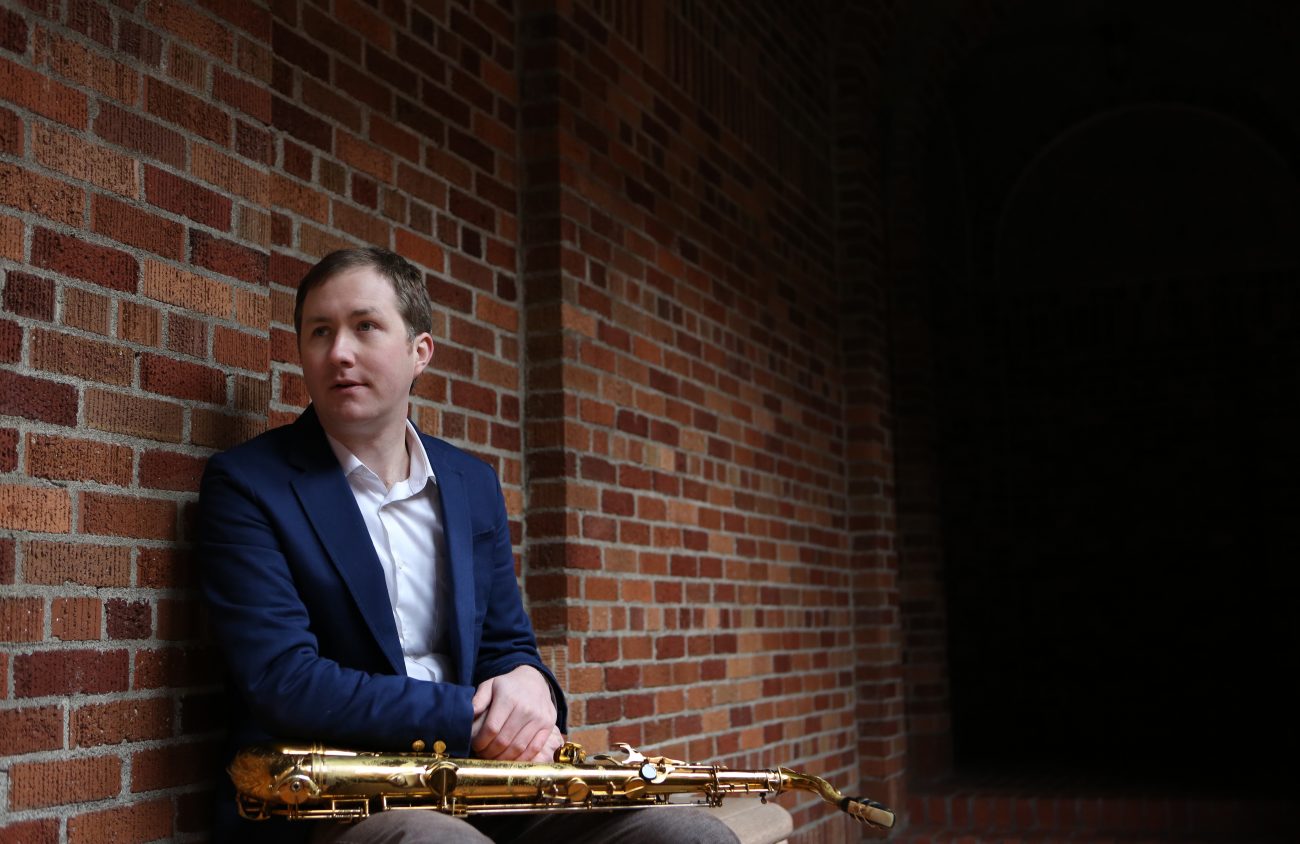For nearly a year and a half, performance venues have been shut down. It’s been a boring period for music fans, but for young musicians, it’s a big setback.
To help kickstart local jazz musicians’ chops, Portland- and Eugene-based professional jazz artists are holding the inaugural Oregon Jazz Workshop. It’s a weeklong program that runs Aug. 9-13 for musicians 12 years old and up to study jazz from professional musicians and teachers and improve their musical skills.
The idea for the workshop is to give back to the community after the music scene was shut down for so long, says jazz saxophonist and workshop director Joe Manis. “Kids aren’t in school in person or, if they are, they don’t have band. If they do, it’s in a reduced capacity,” he says.
The workshop is at First United Methodist Church, located at 1376 Olive Street, and is open for ages 12 through adult, the age group which can be vaccinated as attendees must be fully vaccinated. Workshop faculty members include pianist Wes Georgiev, pianist Kerry Politzer, multi-instrumentalist George Colligan and saxophonist and clarinetist Roger Woods. Manis says he hasn’t counted the years of teaching experience that the faculty has, but it’s a lot.
About half of the admitted musicians are adults, he adds, but in jazz, the stage is often shared with musicians who range in age. “I play with people who are 45 years older,” he says. “I play with people who are younger. It’s often been that way.”
The workshop is designed as a jazz crash-course, a way to dive in and find areas to improve on. The workshop schedule includes rehearsals, theory and ear training, studying jazz recordings and jamming with professional musicians. And at the end of the week, workshop attendees and the faculty will have a concert.
“I think about jazz as a family tree,” Manis says. “The way that I’ve learned the history of it is that someone recommends one player or one record to you and you look at other people on the record and it goes forever and ever.”
After the workshop, Manis says, he hopes attendees will have more knowledge about jazz and techniques that they can work on — and listen closer to performances. “That’s really important to me,” he says. “Listening to a recording is great, watching a YouTube concert can be cool and all these livestreams from last year, but being there is a different thing.”
The pandemic didn’t just affect stage time and live music viewing for musicians. They weren’t able to meet and network with the larger community. The workshop is designed to help musicians meet each other, he says.
“Students can meet like minded people from other schools or people throughout the community,” Manis says. “Hopefully the connections they’ll make will continue beyond the workshop. They’ll get together and play together at their houses, book gigs and support each other.”
And jazz and its element of improvisation is all about community, Manis adds.
“All music is about community, but with improvisation it’s not just ego. It’s not just ‘pay attention to me, I’m playing the solo,’” he says. “There’s give and take. People are supporting each other. The rhythm section is listening and reacting to each other.”
For more information about the workshop and how to apply, visit OregonJazzWorkshop.com.
